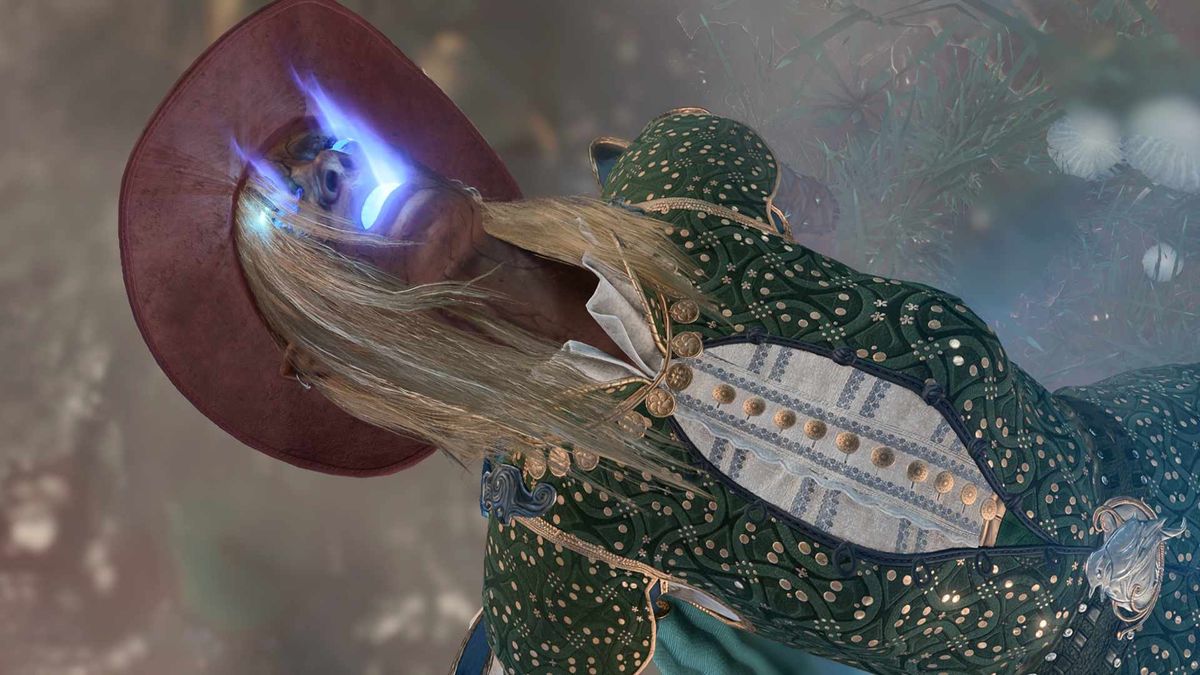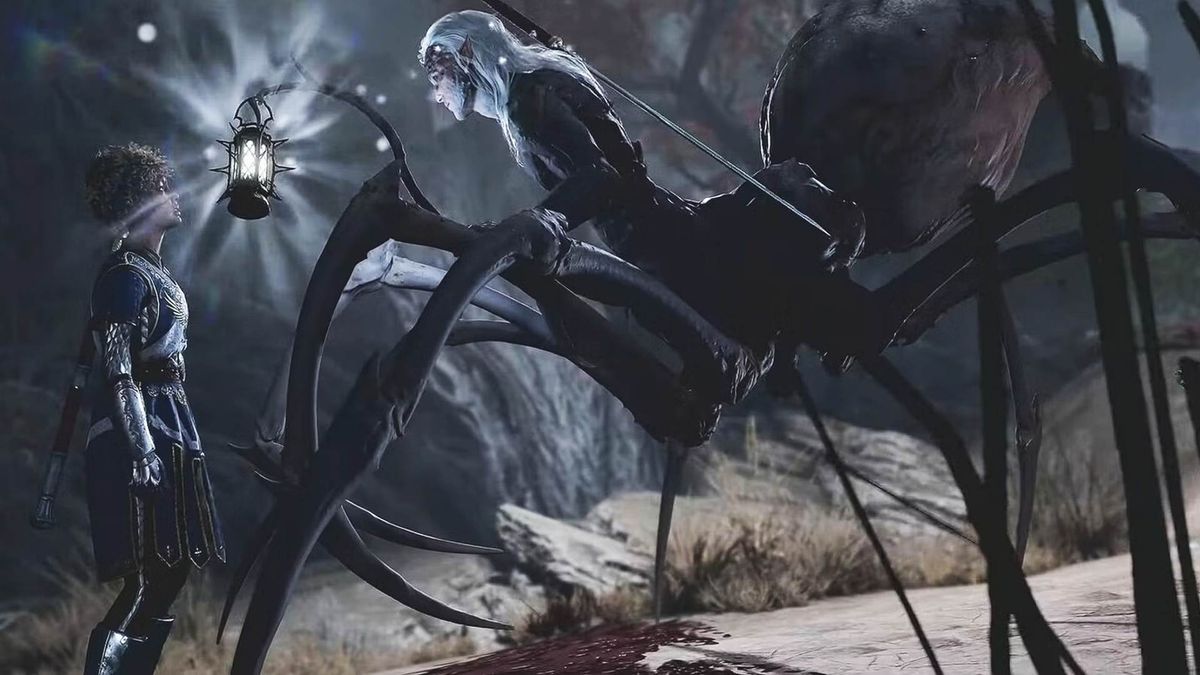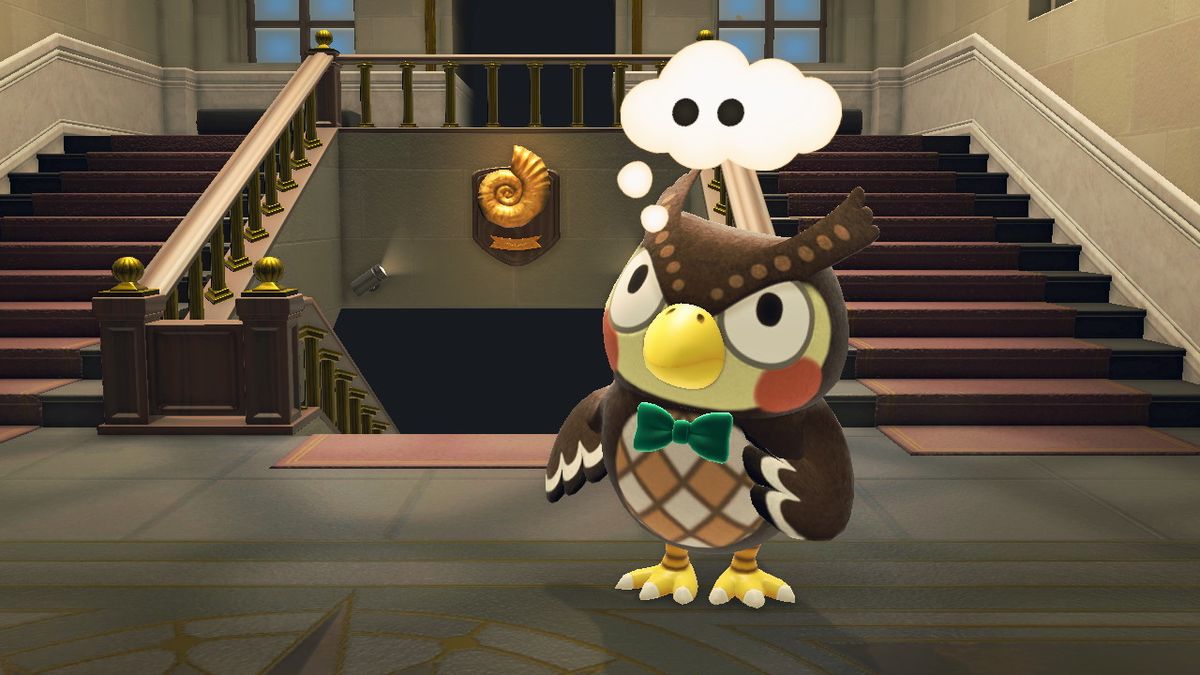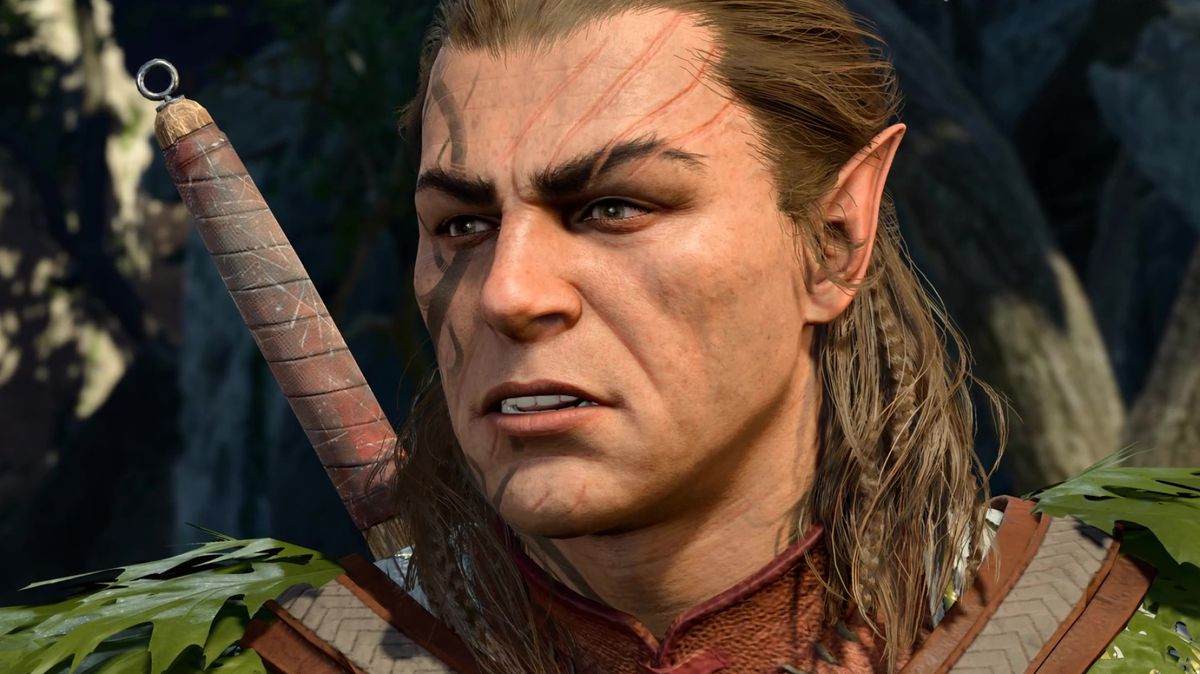One summer’s day in 2015, Calum Rodger alighted at Los Santos International Airport and began walking. His objectives: eight mountain peaks in the surrounding countryside, unmarked on GTA 5‘s minimap but visible in the Lonely Planet- style guide included with the game’s retail release. As he walked, fending off the occasional cougar, Rodger poured his mind out on paper. He pondered the names of the mountains, distinct among the game’s objects in that each is “like a poem i.e. they have no function”.
Rodger wrote loving asides to his character, “gentle-hearted Trevor, whose sociopathic / ramblings are as a sweet familiar balm / in this feigned and lonely wilderness!” He wrote about GTA as a cultural enterprise, “a Hobbesian liberty of violence / grown in a chrysalis of ironic self-reference / and born in an HD frame”. And he described himself describing the game: “God, what the fuck am I doing? […] It is Saturday. I’m thirty. I’m inside when it’s sunny playing.”
Verses mode

“[Gentle-hearted Trevor] is a high-concept parody.”
Callum Rodger, poet
Thus the curious origins of Rodger’s performance poem Rock, Star, North (opens in new tab) – a Romantic travelogue in the tradition of Basho, William Wordsworth and Nan Shepherd, but transported to the environs of Los Santos. It is, as you might have deduced, a project with tongue lodged firmly in cheek – “a high-concept parody,” as Rodger tells us, aimed both at GTA’s “point-scoring, objective-based mentality” and the figure of the poet grandiosely gleaning holy truths from the wilderness. But there’s an earnestness to the poem, too.
“That project was a way to subvert or undercut those aspects [of poetry and games] but ultimately to kind of celebrate them,” Rodger says. “What I’m aiming for is something which is at once sublime and ridiculous, or could potentially be either sublime or ridiculous with just a slight shift of perspective.” As such, Rock, Star, North was also a way of playing with Rodger’s own “hard-baked” yet wistful atheism, with GTA 5 serving as both a catalyst for inspiration and a means of bringing everything back down to earth. It allowed him to roleplay as a mystic, wrestling with the divine in nature, but “with a kind of get-out clause, which is that it’s just a game!”
Judged in terms of age, audience demographics, economic stature and supporting technologies, video games and poetry may seem lightyears apart. Certainly, you’d never guess they have much in common from the average newspaper arts- and-culture section. Dig just a little beneath the surface, however, and you’ll discover a universe of brilliant crossovers which, like Rock, Star, North, use each medium to illuminate the other. There are poetry pamphlets modelled on adventure gamebooks and TTRPG handbooks, such as James Knight’s Rites & Passages and Godefroy Dronsart’s The Manual. There are poems based on Dragon Age or Ghost Of Tsushima, and vivid smaller texts on Itch.io such as Cecile Richard’s Novena and VEXTRO’s My Bones Will Grow A Forest.
Poetry and video games have more in common than you might at first imagine. They are, after all, both artforms which centre the act of play, whether it’s playing upon words or with tools. By extension, they are both deeply and visibly defined by rules, ways of structuring language, environments, objects and creatures, that can be embraced or messed with, bent or broken. They’re also both cultural pariahs, in very different ways. “There’s a lot of misconceptions around both mediums,” Matt Haigh, co-editor of Broken Sleep’s new video game poetry anthology, Hit Points, tells us. “Games are obviously painted as violent. Poetry is painted as irrelevant or stuffy.”

SUBSCRIBE TO EDGE

This article first featured in Edge Magazine – check out subscription options at Magazines Direct (opens in new tab)
Available in Pokémon-style duelling editions, each with a different running order and version-exclusive pieces from Haigh and Broken Sleep founder Aaron Kent, Hit Points is an attempt to set the record straight. It covers a wide spectrum of themes and approaches: from more familiar, ‘lyric’ pieces about childhoods spent in front of an N64 to ‘visual’ or ‘concrete’ verse that blurs the line between word and image. Some poems are key-like in their compactness: consider Mark Ward’s curt distillation of The Legend Of Zelda: Link’s Awakening – “Princeless, a blow-in. / I can be the boy I’ve been threatening / to be. No one knowing.” Others are more experimental, taking compositional cues from the design of the games they describe. Maria Picone’s Four Lists From King’s Quest V, for example, takes the form of an inventory of cultural artefacts and abuses – “some items: pimp cloak, / rotting fish (probably cultural) / heart-shaped golden heart, custard pie”.
As Kent explains, the anthology is tilted towards games from the ’80s and ’90s, an age “when the video game was within the household, within a physical thing, and if you wanted to play with someone they needed to be right next to you”. This isn’t just nostalgia for pre-Internet gaming, however: Kent suggests that this was the era in which developers were still “getting to grips with what video games can achieve”. The book channels that spirit, with pieces that seem to build bits of video game right into the page – take Jasmine Dreame Wagner’s My Avatar, a kind of making-of video in verse, interspersed with empty rectangles that could be unloaded screenshots or character creation fields for the reader. Spurred on by the isolation of lockdown, the collection also digs into the “mundanity” and “domesticity” of games, as Kent puts it – the way they become part of daily life and work, and the way we fashion quiet rhythms of our own within them. “Everyone who’s played GTA, I’m sure, has got to a point where they just think, ‘Oh, I might just drive around safely and wait for the [traffic] lights and see how things go,'” Kent says. “That kind of mundane side of video games, while still being enjoyable – that kind of infected my territory.”
That everyday quality can be funny, as Rodger’s near-Quixotic tour of Grand Theft Auto indicates. It can also be a source of anguish. Some of the anthology’s most powerful work turns video game quirks and constraints into investigations of living with trauma. Among Kent’s contributions is a poem that uses Animal Crossing to think through the experience of recovering from a brain haemorrhage: “you’ve filled / your house with furniture you neither / want nor need and you’ve forgotten / how to wash yourself again”. Haigh has written a poem for the anthology about the passing of his aunt, whose Sims he inherited along with her computer. His own collection, Death Magazine, an acid-pink demolition of lifestyle glossies, features a poem that compares dementia to the cycling of NPC dialogue lines. Both artforms, he says, are simply “a way for me to view things that everyone goes through in their lives”, which makes building barriers between them – as poetry critics often do – a little mystifying. “It’s strange. I don’t know if it’s a high-art- low-art thing. But for me, it just feels very natural to smash those two together.”
Between the lines

“In its myriad forms, poetry can be intimidating! Reading it, writing it, talking about it. I wanted to give people a set of tools to write and share poetry without the baggage of a blank page or having to boast the badge of a ‘poet’.”
Allison Arth, poet and game developer
There’s something else that poems and games share: a strong association with difficulty and inaccessibility. Whether it’s right or not, appreciating games and poems is widely felt to hinge on mastery of obscure tools and conventions: arcane button combos and knowledge of genre-standard mechanics on one hand, the intricacies of metre and rhyme on the other. This is a perception writer and designer Allison Arth tries to address in her Western Cantos poetry games, which you can find on Itch.io. The first of these, Gentleman Bandit, casts you as a dashing highway robber writing 13-line poems for those cut down by your pistol. Lines are written by drawing from a deck of playing cards to determine a motif and subject matter. The eight of diamonds, for example, gives you “Freedom” and the question “Where are you going?” If you want more complexity, you can also roll dice to select words from a vocab list, attempt to apply a rhyme scheme or score the resulting poem like a poker hand.
It’s a melancholy exercise, influenced by the desolate anti-Westerns of Cormac McCarthy. But it’s also an attempt to make the writing of poetry less fearsome and more, well, playful. “In its myriad forms, poetry can be intimidating!” Arth says. “Reading it, writing it, talking about it. So I wanted to give people a set of tools to write and share poetry without the baggage of a blank page or having to boast the badge of a ‘poet’. Layering roleplaying game mechanics over the process of writing a poem felt perfect – it offered a character-driven entry point for folks who might be trepidatious about writing a poem in general, and gave them guidelines and guardrails to help them through the process.” Later Western Cantos games expand upon on these collaborative mechanics – most fancifully of all, Moonblind takes the form of a dreamy conversation between a rider and their steed. “Gameplay and, by extension, writing the poems becomes less directed, opening more space for player interpretation and wing-stretching, so to speak.”
Inaccessibility isn’t just a question of tools or skill, of course. The video game industry and poetry publishing share a chronic lack of diversity – anybody not white, male, straight, able-bodied and middle-class may struggle to feel at home. “I grew up in a very small village on the outskirts of Dublin,” writer and narrative designer Charlene Putney tells us. “And there was always [this sense that] poetry, theatre, opera, ballet – these things don’t belong to people like us.” It wasn’t till her late 20s that Putney – whose credits include Divinity: Original Sin 2 and Baldur’s Gate 3 – became interested in writing poetry herself, after rediscovering literature through the lens of Dublin’s experimental fiction scene. “That’s when I really got excited and started to feel like this is a place for me, because it had no pretension, and no big academic language. It was like: you can do whatever you want. You can put a word here, you can put a word there, you can do stuff that doesn’t have a word for it, you can structure things in any way you like.”
Putney’s poetic projects – many created with her partner, Broken Rules co-founder Martin Pichlmair – run the gamut from text generators such as Twitter bot @haikookies to fragmentary self-reflections that shaped her contributions to Larian’s RPGs. In a graveyard near Divinity: Original Sin 2’s town of Driftwood you’ll meet an eagle, Featherfall, that is devouring the corpse of its previous master. The creature’s dialogue draws on lines Putney wrote while undergoing treatment for a serious kidney infection. “[I was] writing all these really visceral, grotesque thoughts about the decaying body and entropy, and taking the pieces that were palatable to share with another human being, and making that into this absolutely crazy eagle, eating his dead master in a graveyard.”
A little less traumatically, Putney once had to compose about 80 poems in just two weeks as rewards for DOS2’s Kickstarter backers, each with a different theme. “I basically made a structure, and then wrote that poem over and over again. [There were some] insane themes, just the most ludicrous thing you can imagine anyone typing. Like, The Last Level Of This Game, and it’s some really obscure RPG from the ’80s. Or A Poem For My Cat, Who Has Been With Me Through Thick And Thin, or The Advantage Of Boobs Over Booty, or Taking The Red Pill.”

“But where Rock, Star, North rediscovers British Romanticism and Edo-period haiku through the eyes of “gentle-hearted Trevor”, Keeling’s game augurs a world in which video game entities themselves leave poems about divinity, loss and desire.”
If poetry and games can seem forbidding to anybody not steeped in their nuances, Putney suggests that what defines them both is an ethos of participation, of sharing and co-creating a space with the author – even when working with ‘static’ text. “There’s something about getting into the language, getting into the structure, entering into the world of the poem… That’s one of the things where games and poems have crossover – you’re an accomplice or collaborator.” She’s investigating this idea in her forthcoming game with Pichlmair, Vitriol, a work of digital alchemy reminiscent of Thomas Ligotti’s horror stories, in which you rearrange word mosaics to dig deeper into a “bureaucratic nightmare”. “It’s like a narrative poem,” she explains, “but put into a structure that the player has to puzzle over and piece together.”
Putney’s sense of poems and games as things to “get into” and share resonates with the work of Oma Keeling, founder of Afterglow Games, who summarises their approach as “basically just to create a place and put things in it for someone to come across”. Ranging from Bitsy poems to Unity- based “ambient experiences”, Keeling’s games are pained and impassioned, but also witty and adventurous. On the one hand there’s State: Burial, a series of reflections on the death of the Duke Of Edinburgh and Britain’s imperial legacy, read by dragging a cursor down pixel photographs of a graveyard. On the other, Manimal Mossing: Moss Edition, a Bitsy game about, yes, gathering moss.
Keeling doesn’t draw hard lines around poetry or games. “I don’t really work with a definition of poetry,” they say. “It’s kind of like the old saying about pornography – you know it when you see it.” But they do regard poetry as “intrinsically tied to counterculture and anti-authoritarianism”. If thinking of poems as games makes the world of poetry more welcoming, as Arth suggests, then thinking of games as poems is an opportunity to challenge certain top-down definitions of ‘the video game’ – in particular, the expectation of a reactionary hero narrative mobilised by conquest, with anything not meeting that description dismissed as pretentious or ‘casual’ or just plain ‘weird’.
Poetry, Keeling suggests, is more able to shuck off such domineering expectations because poetic language embraces ambiguity, freedom of reference and creative mishandling of conventions. As Keeling puts it, poetry is “language as a form of resistance […] because it’s using language to express something that natural forms of conversation, sentence structures, make it hard to say”. Rather than adhering rigidly to labels, it’s a way of making connections, “of playing with things that rhyme, not necessarily in the linguistic sense – just things that fit artistically”.
Keeling’s most ambitious and eerie work is Alabaster Donut Farm, a short 3D game in which you rove a rusting facility, thousands of years from now, reading back what appear to be the final thoughts of a long-vanished supervisor AI: “I AM MADE INTO A LIQUID / AND THINKING DISTANCES ITSELF / AT THE EDGE OF THE TRAIL”. The project recalls Calum Rodger’s tour of GTAV’s mountains. With its strange, cosmic stacks of inedible baked goods, it too seems preoccupied by what it means for a virtual object to lack a function.
But where Rock, Star, North rediscovers British Romanticism and Edo-period haiku through the eyes of “gentle-hearted Trevor”, Keeling’s game augurs a world in which video game entities themselves leave poems about divinity, loss and desire. It’s a powerful portrait of two artforms meeting in the wasteland – each with its cultural baggage, each in a position to learn from the other, their future together a thrilling mystery. “I think what keeps me going back to games and poetry is that there’s still so many different things I want to do, but I don’t know how,” Haigh says. “And trying to find out is a constant draw for me.”
This feature first appeared in issue #353 of Edge Magazine. For more great articles like this one, check out all of Edge’s subscription offers at Magazines Direct (opens in new tab).
 Games News games, movies and TV you love.
Games News games, movies and TV you love.



